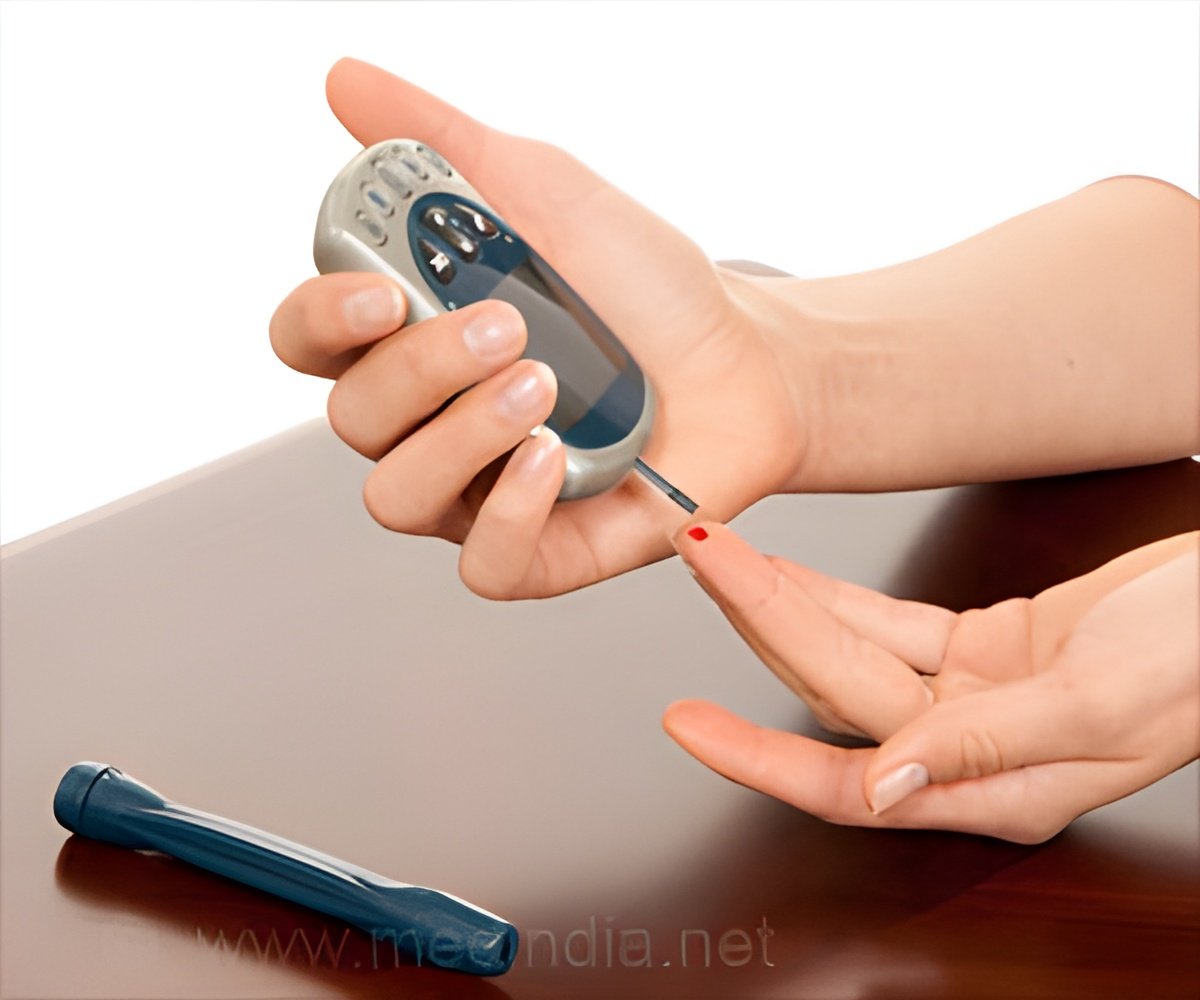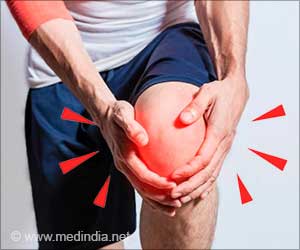New study involving more than 111,000 patients, was unique in assessing the relationship between the use of online tools and medication adherence and blood glucose levels among diabetic patients.

‘Access of diabetic patients to information and the ability to manage their health care online, can improve outcomes.’
Read More..




"Offering this in a mobile-friendly way can give even more patients the ability to engage with their health care. It literally puts the access to these tools in the patient's own pocket wherever they go," Reed said.Read More..
The study looked at Kaiser Permanente Northern California members with diabetes who were taking an oral diabetes medication but not insulin. The researchers compared patients' portal use from 2015 to 2017.
Online tools available to Kaiser Permanente members include prescription management, viewing test results, corresponding by secure message with clinicians, making appointments, and access to general health information.
Over the 33-month study period, the proportion of patients using the portal from both a computer and a mobile device increased from 34% to 62%.
The greatest improvement in health outcomes was among patients with a higher baseline HbA1c (hemoglobin A1c) level; in these patients, moving from no portal access to both computer and mobile app was associated with a 5.09 percentage point increase in medication adherence and 0.19 percentage point lower HbA1c level.
Advertisement
Among all patients studied, moving from no portal use to using both methods was associated with a 1.67 percentage point increase in medication adherence and 0.13 percentage point lower HbA1c level.
Advertisement
A strength of the study design was that patients served as their own controls, comparing the behavior of individuals before and after access to the portal and mobile app.
In previously published research, Graetz reported that patients who accessed the tools only on mobile devices were more likely to belong to racial and ethnic minorities, live in lower socioeconomic status neighborhoods, or have lower medication adherence.
Reed said this insight suggests an opportunity for health systems to use mobile apps to reach vulnerable patients who might have barriers to engaging with health care.
The study was the latest publication to result from a 10-year project headed by Reed and funded by the National Institute of Diabetes and Digestive and Kidney Diseases, to examine the role of health information technology in managing diabetes.
Reed and colleagues explored how medical providers use electronic health records to collaborate and improve patient care. As time went on and patients gained more access to health information online, the study shifted focus.
"In an earlier study, we found that when a physician uses an electronic health record, their patients have better control of their diabetes and have their care managed so they don't end up in the emergency room as often," Reed said.
"And we are now also finding that patients can use technology to better manage their own care, their medications, and their diabetes."
Reed's group is continuing this line of inquiry to study the impact of video telemedicine visits on diabetes care and self-management.
Source-Eurekalert












